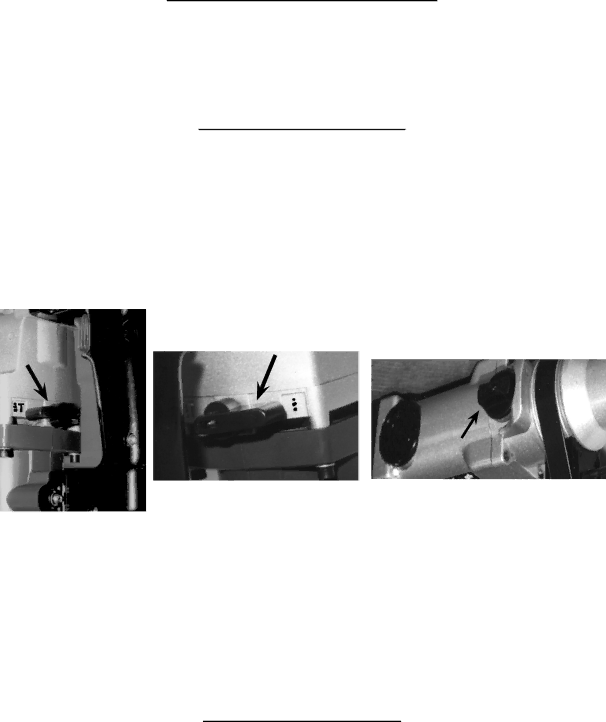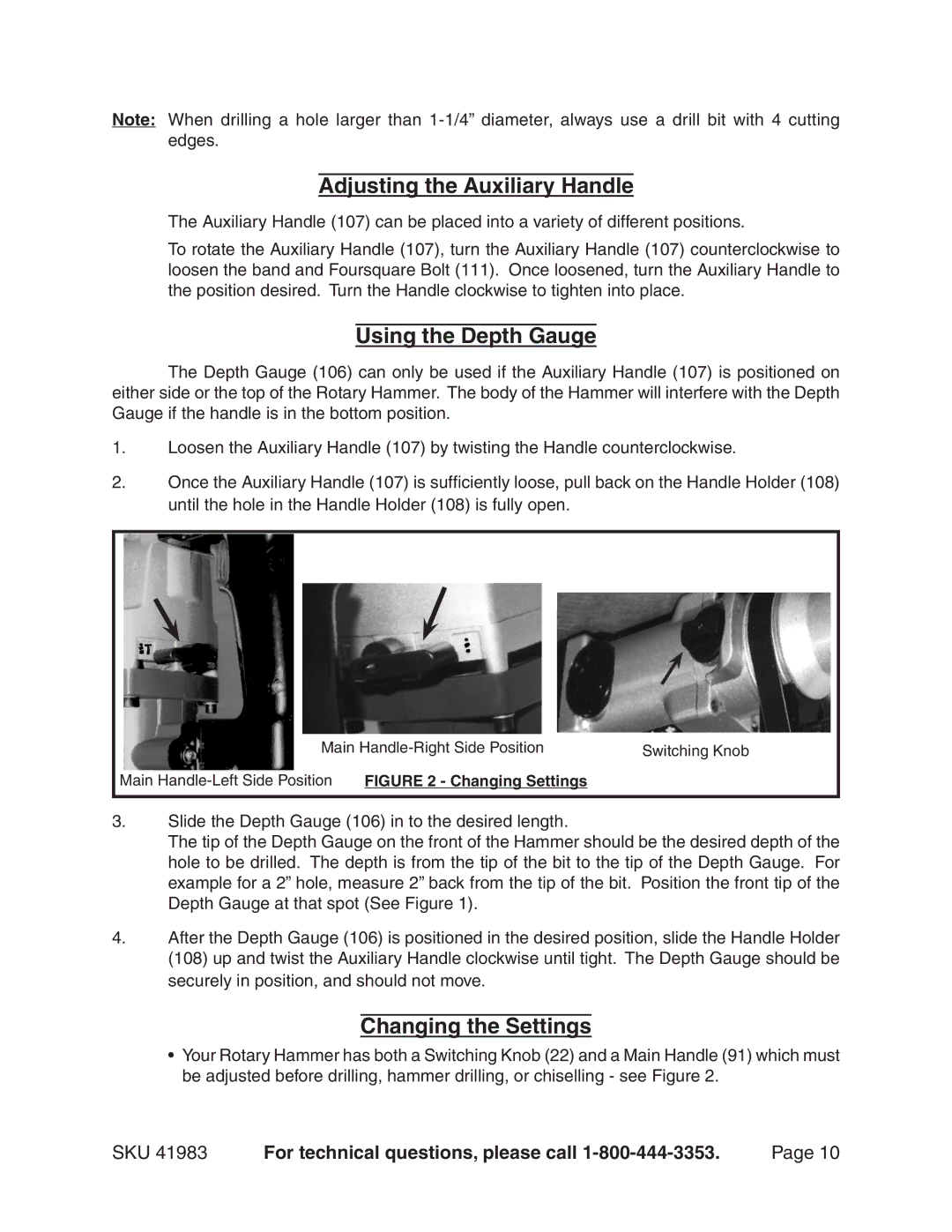41983 specifications
Harbor Freight Tools is renowned for offering a wide range of high-quality tools at affordable prices. One of its standout products is the Harbor Freight Tools 41983, a versatile and reliable tool that has become a favorite among DIY enthusiasts and professionals alike.The Harbor Freight Tools 41983 is a 12-ton hydraulic floor jack designed to offer maximum lifting capacity while maintaining portability and ease of use. Its robust construction ensures durability, making it suitable for both home and professional applications. The tool features a heavy-duty steel frame, which provides stability and strength, allowing it to lift vehicles, machinery, and other heavy objects with ease.
One of the main features of the 41983 is its quick lift design. This innovation allows users to raise a vehicle to the desired height quickly and efficiently, reducing the time spent on lifting tasks. The jack has a lifting range of approximately 5.5 inches to 22 inches, making it adaptable for various vehicle types, including cars and trucks.
Safety is a priority with the 41983, which includes a built-in safety overload system that prevents the jack from being used beyond its specified weight limit. This feature ensures that users remain secure while using the tool, providing peace of mind during lifting operations. Additionally, the jack contains a rubber saddle pad that protects the vehicles' frame from damage during use.
Another notable technology incorporated into the Harbor Freight Tools 41983 is its dual-pump piston design. This feature allows for faster lifting with fewer strokes compared to traditional jacks, making the lifting process quicker and more efficient. The ergonomic handle adds to the overall user experience, offering a comfortable grip and easier maneuverability, even in tight spaces.
In conclusion, the Harbor Freight Tools 41983 is a powerful and reliable hydraulic floor jack that combines efficiency, safety, and durability. With its impressive lifting capacity, quick lift design, safety features, and user-friendly design, it has proven to be an essential tool for anyone who regularly engages in lifting heavy objects. Whether you're a seasoned mechanic or a weekend DIYer, the 41983 is an excellent addition to any toolkit.

